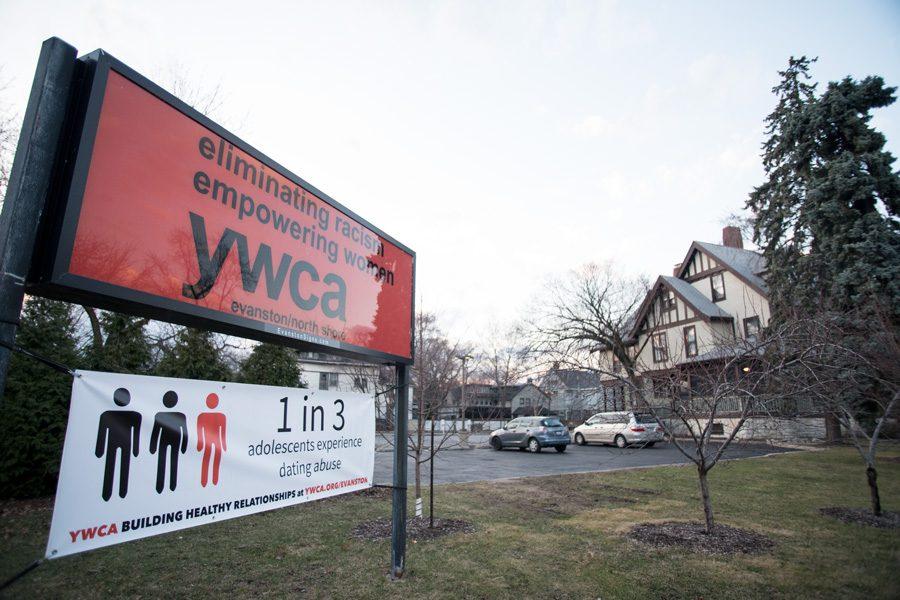YWCA to open ‘longer-term’ housing for domestic violence survivors
Daily file photo by Colin Boyle
Organizations like the YWCA will continue to offer their regular services alongside special programming for Domestic Violence Awareness Month.
March 28, 2017
The Evanston/North Shore YWCA will soon provide “longer-term” housing to survivors of domestic violence in a 16-unit apartment complex set to open in the next few weeks.
The complex will provide affordable housing to families and individuals of all genders impacted by domestic violence. The $1.5 million building was purchased by two YWCA donors, who gave the organization ownership of the building, YWCA’s housing occupancy and employment specialist Iris Barrios said.
People applying to live in the complex will come from domestic violence programs offered by the YWCA and other similar programs in the area, domestic violence residential and community services director Sandy Williams said. The YWCA created an assessment for applicants so they can decide whether the complex is appropriate for them, she added.
“We are really looking for someone who is ready for the next step,” Williams said. “They should’ve received some other domestic violence services before entering this program. We want to know that they’ve had the opportunity to address some of the critical issues first before going on.”
Williams, who will oversee the new program, worked with other staff members and the Housing Authority of Cook County to create the longer-term housing. Though the building is rent-free, tenants must contribute 30 percent of their income to the YWCA.
Though there is no specific time frame for how long people can live in the apartments, Williams said the housing is not permanent, but rather an alternative to emergency housing.
“We use the term ‘longer’ because we want it to be a stepping stone,” Williams said. “As for how long someone stays there, it’s going to vary from person to person.”
The YWCA also offers 90-day emergency housing for survivors, giving them free lodging and support services to find work and other stable housing. That program has been successful in helping survivors gain independence, Williams said, but the new longer-term program will allow them to continue building self-sufficiency.
Despite some individuals finding employment in the 90-day program, some find it challenging to secure affordable housing in such a short period of time, Barrios said.
Because shelters often require survivors to leave after 90 days, relocation often forces individuals to quit their jobs even if they find employment, Barrios said. This longer-term housing complex gives survivors more time to settle into their jobs, she added.
“We have had a lot of success with the 90-day program in finding employment, but … the longer-term housing … would create more stable jobs,” Barrios said. “With the longer-term housing, they won’t have to relocate.”
More than 60 percent of women in emergency shelters are forced to enter unstable housing situations after leaving, which can include other short-term shelters or returning to their abuser’s home, CEO of YWCA Evanston/North Shore Karen Singer told the Chicago Tribune.
Williams said she was looking forward to providing more comprehensive services to survivors in Cook County.
“For us, it’s just a great opportunity for us to address several issues: the need for affordable housing and the longer-term needs of domestic violence survivors,” Williams said. “We are glad that this program gives us the opportunity to do that.”
Email: [email protected]
Twitter: @sophiemmann












